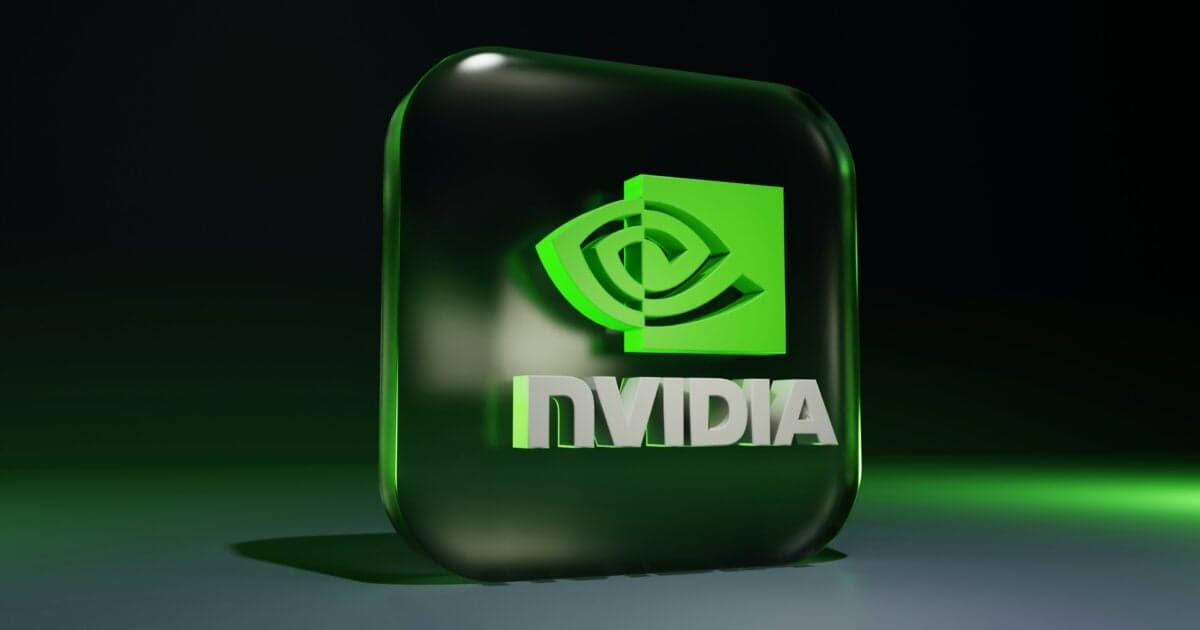After SoundHound AI's Best Quarter Ever, Is the Stock a Buy Today?

Two weeks ago, voice-AI company SoundHound AI (SOUN) delivered the kind of quarter that turns skeptics into believers.
SOUN shares soared roughly 50%, its best week in more than a year, following an earnings announcement that topped even the most optimistic of expectations.
But is this rally sustainable? In this article, we'll unpack the record earnings, explore the company's unique AI strategy, and determine whether SOUN stock is a buy today.
Here's what you need to know...
SoundHound Is a 'Voice First' AI Company
Back in 2022, SoundHound went public through a merger with a special purpose acquisition company (or "SPAC") at a $2.1 billion valuation.
Until recently, the company has been known most for its music-discovery app, which allows users to hit a big orange button to identify music playing around them – like "Name That Tune," but in app form:
But in recent years, like many companies, SoundHound has joined the AI frenzy.
Unlike general-purpose AI assistants like Amazon's (AMZN) Alexa or Apple's (AAPL) Siri, SoundHound focuses on what it calls a "voice first" model – AI solutions tailored for specific industries.
That means its technology is embedded where speed, accuracy, and low latency matter most: at drive-thru restaurants, in customer-service call centers, and behind the wheel in connected vehicles.
For instance, SoundHound now powers in-car voice assistants for brands like Hyundai, Kia, and Alfa Romeo. In the restaurant industry, its voice AI has been deployed across more than 14,000 locations, including Chipotle, Red Lobster, IHOP, and Jersey Mike's.
These companies are using SoundHound's automation for voice ordering, customer service, and even payments. These partnerships helped bolster the company's best quarter ever, with more than 1,000 new restaurant locations onboarded in the second quarter alone.
And the results are finally starting to show up in the company's latest earnings report, out earlier this month...
A Closer Look at SoundHound's Record Quarter
SoundHound reported record revenues of $43 million – a jaw-dropping 217% increase over the same period a year ago. Those numbers far exceeded even the most bullish analyst forecasts by nearly $10 million.
The company also raised its full-year revenue expectations and announced it's sitting on a $230 million pile of cash and zero debt.
This kind of broad-based growth isn't easy to come by in today's AI market, where flashy demos often outpace real deployment.
The news was enough to earn SoundHound upgrades from Wall Street's banks. Shares soared as much as 26% on the day and have continued higher, up nearly 50% since the earnings announcement.
That's the good news...
Why Investing in SoundHound Is Risky Today
SoundHound is one of the few voice-AI companies showing real, multisector traction. And experts say its total addressable market could nearly double from around $8.6 billion today to nearly $16 billion by 2030.
Still, investors should be aware that SoundHound's eye-popping growth comes with its fair share of risks, too...
First, deep-pocketed tech giants like Google parent company Alphabet (GOOGL), Microsoft (MSFT), Apple, and fast-growing startups like OpenAI and China's DeepSeek are fierce competitors in voice and conversational AI.
Plus, despite the company's record sales – and exploding demand for its voice-AI technology and new product launches – SoundHound remains unprofitable today.
It's also trading at a price-to-sales ratio of about 48 times, meaning investors are paying $48 for every $1 of annual revenue SoundHound is bringing in.
That's why the Stansberry Score gives SoundHound a "D" grade, ranking it 3,680 out of 4,626 stocks.
To put that into perspective, the Stansberry Score gives Alphabet – another company gunning for the AI crown – an "A" grade, ranking it 345 out of 4,626 stocks.
Alphabet is far cheaper, trading closer to 7 times sales, and it gushes profits to the tune of nearly $73 billion in free cash flow last year alone.
And while SoundHound is sitting on a considerable amount of cash, it is slowly burning through it while it tries to become profitable. Research-and-development spending rose 64%, while sales and marketing costs spiked 180%.
These investments are fueling product development and customer acquisitions, but they also raise questions about when – or if – SoundHound will become profitable. Management said it expects to be profitable by the end of this year.
With a premium valuation of nearly 7 times that of Alphabet, it has little room for error. If growth slows or demand cools, the stock could fall – and quickly.
And for those brave enough to buy SoundHound shares today, that volatility is to be expected. The company sports a "beta" of 2.77, meaning it moves more than 2 times as much as the overall stock market. For investors willing to tolerate serious swings, that might be OK. But for most folks, that's an awful lot of volatility to handle.
SoundHound's latest earnings report proved that the company is more than a speculative SPAC story. It's becoming a serious player in real-world, voice-powered artificial intelligence. Its unique focus on agentic AI, embedded across cars, restaurants, and enterprises, sets it apart from generalized chatbots and gimmicky tools.
SoundHound is a bet on the future of voice AI. Ultimately, SoundHound is a high-growth, high-risk bet on the future AI adoption and the company's ability to turn its growth into actual profits.
While most investors are bidding shares of AI stocks like SoundHound higher, my colleague Eric Wade says a little-known government order could trigger a flood of wealth into a completely different corner of the AI market.
More than 400 federal agencies are racing to comply with a White House directive that could reshape the economy... And Eric says smart investors are positioning themselves before the September 30 deadline. To see what's coming – and the one stock to buy now – click here.
Regards,
Sam Latter






